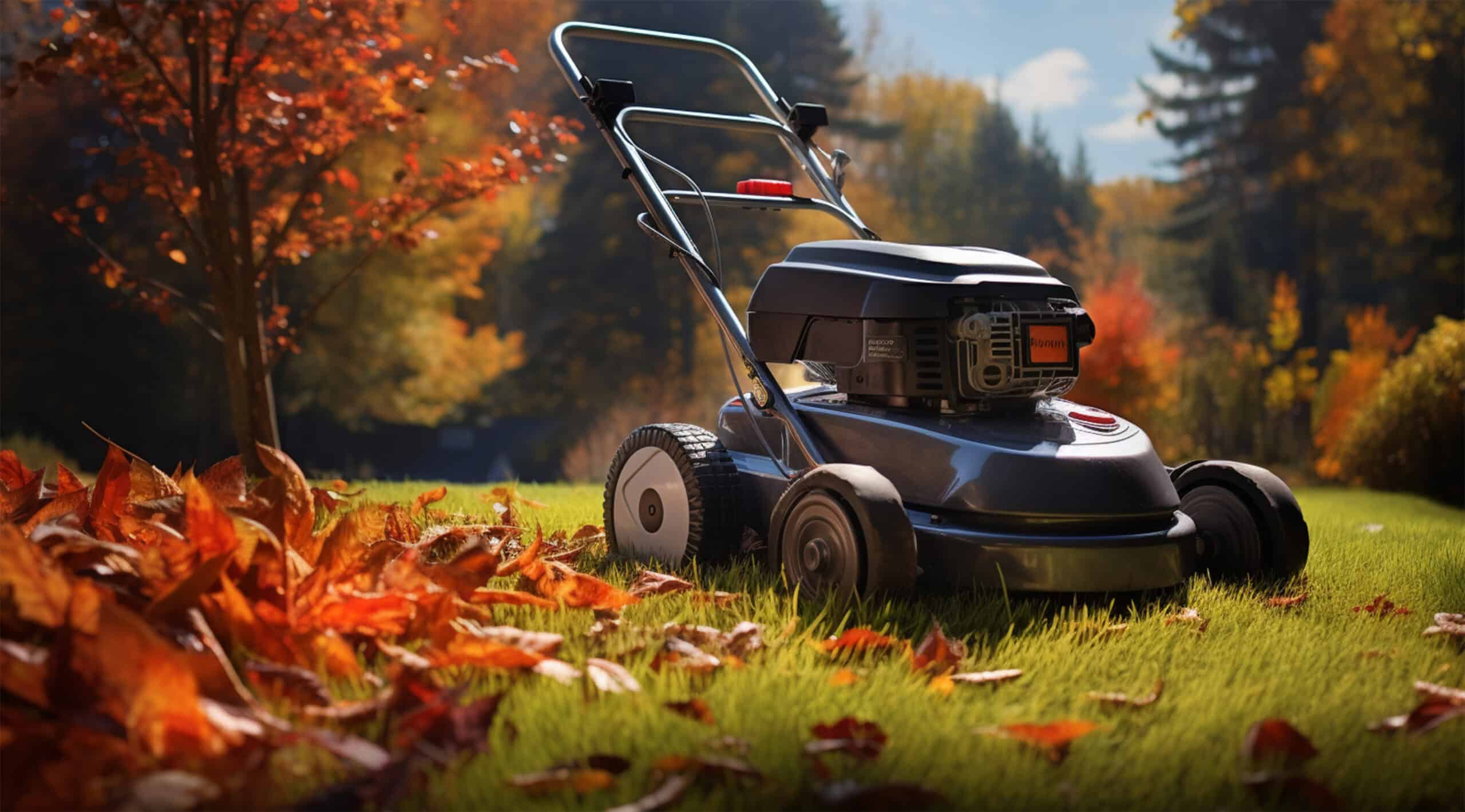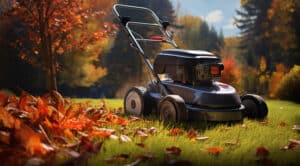Are gas-powered leaf blowers banned in California?
Key Takeaways
- Gas-powered leaf blowers are banned in California under a new law signed by Governor Gavin Newsom, effective from January 1, 2024.
- The ban applies to the sale of new gas-powered leaf blowers and other small off-road engines (SOREs), requiring new machinery to meet zero-emissions standards and be electric-powered.
- The ban aims to address air pollution, reduce greenhouse gas emissions, and promote the use of electric-powered alternatives to improve air quality and environmental health.
Yes, gas-powered leaf blowers are banned in California under a new law signed by Governor Gavin Newsom. The ban is expected to take effect by January 1, 2024. This legislation aims to address the air pollution caused by these devices, as they emit harmful gases into the atmosphere. The ban applies to the sale of new gas-powered leaf blowers and other small off-road engines (SOREs).
Details of the Ban
The new law prohibits the sale of new gas-driven leaf blowers and other small off-road engine-powered equipment starting on January 1, 2024. After this date, any new machinery must meet zero-emissions standards and be electric-powered rather than gasoline-powered. This means that only battery-operated or plug-in models will be allowed for sale in the state.
It’s important to note that the ban does not restrict the use of leaf blowers already in use by landscaping businesses or individuals on their own property. However, the ban on the sale of new gas-powered leaf blowers aims to gradually phase out their use and encourage the transition to more environmentally friendly alternatives.
Environmental Impact
The implementation of this ban is part of California’s efforts to reduce air pollution and combat climate change. Gas-powered leaf blowers and other small off-road engines emit pollutants that contribute to smog formation and greenhouse gas emissions. These emissions are equivalent to driving hundreds of miles in a car.
By transitioning to electric-powered leaf blowers and other zero-emissions equipment, California aims to significantly reduce the environmental impact of landscaping practices. Electric leaf blowers produce fewer emissions, leading to improved air quality and a healthier environment for both humans and wildlife.
Noise Pollution Concerns
While the ban focuses primarily on the environmental impact of gas-powered leaf blowers, it does not specifically address the noise pollution generated by these machines. However, it’s worth mentioning that many cities in California already have their own bans or restrictions on gas-powered leaf blowers due to noise concerns.
These local regulations aim to mitigate the disruptive noise levels associated with leaf blowers, which can have a negative impact on both residents and wildlife. Electric leaf blowers are generally quieter than their gas-powered counterparts, providing a potential solution to this issue.
Challenges and Concerns
The implementation of the ban on gas-powered leaf blowers is not without challenges and concerns. The National Association of Landscape Professionals has raised objections to the new law, citing increased equipment expenses for landscaping businesses. The transition to electric-powered equipment may require additional investments and training for businesses to comply with the new regulations.
There are also concerns about the availability and cost of electric alternatives, especially for heavy-duty commercial models. While electric leaf blowers are a viable option for many applications, their use may be limited in certain situations, such as large-scale landscaping projects that require prolonged and intensive use of the equipment.
Additionally, the disposal of batteries used in electric leaf blowers can raise environmental concerns. Proper battery recycling and disposal practices are crucial to ensure that the transition to electric-powered equipment does not inadvertently create new environmental issues.
Future Outlook
The ban on gas-powered leaf blowers and other small off-road engines in California represents a significant step towards reducing air pollution and promoting sustainable landscaping practices. By setting zero-emissions standards for new equipment, the state aims to encourage the adoption of electric-powered alternatives.
However, the January 2024 deadline for the ban may be extended if the Air Resources Board determines that the transition to zero-emissions equipment is not feasible by that time. This flexibility allows for a realistic assessment of the market and technological advancements in electric-powered equipment.
California’s ban on gas-powered leaf blowers sets an important precedent, making it the first state to implement such legislation. It highlights the state’s commitment to environmental protection and serves as a catalyst for other regions to consider similar measures to reduce pollution from small off-road engines.
Conclusion
Gas-powered leaf blowers are indeed banned in California under a new law signed by Governor Gavin Newsom. The ban on the sale of new gas-powered leaf blowers and other small off-road engine-powered equipment aims to reduce air pollution and promote the use of zero-emissions alternatives. While there are challenges and concerns associated with the transition to electric-powered equipment, the ban represents a significant step towards a more sustainable and environmentally friendly landscaping industry.
Related Websites:
FAQs:
Q: What are the advantages of gas-powered leaf blowers?
Gas-powered leaf blowers offer high power and mobility, making them suitable for large yards or commercial use. They can handle heavy debris and have a longer runtime compared to electric or battery-powered blowers.
Q: What are the environmental concerns associated with gas-powered leaf blowers?
Gas-powered leaf blowers contribute to air pollution due to their emissions. They produce exhaust fumes containing carbon monoxide, nitrogen oxides, and volatile organic compounds. Additionally, they create excessive noise pollution, which can disturb wildlife and negatively impact human health.
Q: What is California’s approach to regulating leaf blowers?
California has a proactive approach to environmental regulations. The state has implemented restrictions on noise levels, emission standards, and operational hours for leaf blowers to mitigate their impact on the environment and public health.
Q: What are the proposed alternatives to gas-powered leaf blowers?
Electric and battery-powered leaf blowers are popular alternatives to gas-powered ones. They are quieter, emit zero direct emissions, and require less maintenance. Electric blowers are suitable for smaller yards, while battery-powered blowers offer more mobility without the need for cords.
Q: Why is considering alternative options important for leaf blowers?
Considering alternative options for leaf blowers is crucial to reduce environmental pollution and noise, protect public health, and promote sustainability. By switching to electric or battery-powered blowers, individuals can contribute to a cleaner and quieter environment.






